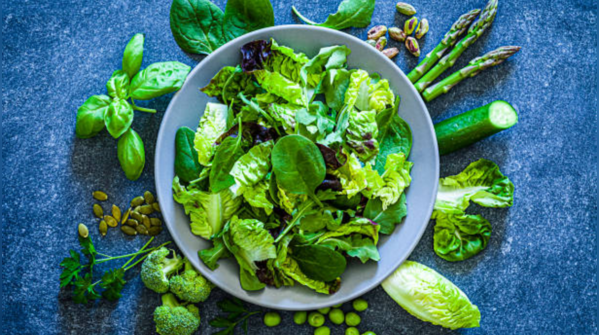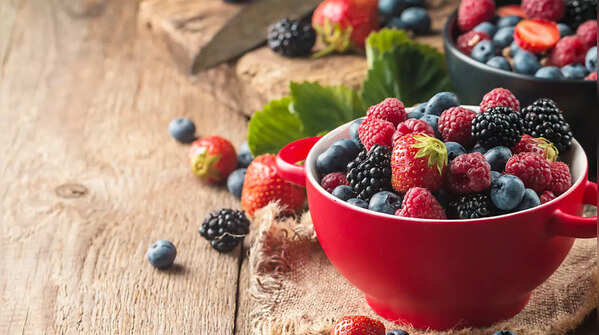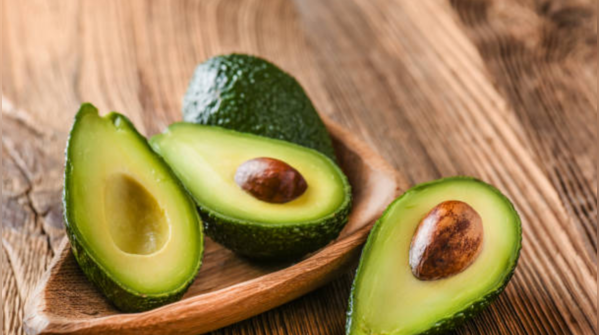- News
- lifestyle
- health-fitness
- health-news
- 5 best diabetes-friendly foods to manage high blood sugar
5 best diabetes-friendly foods to manage high blood sugar

5 best diabetes-friendly foods to manage high blood sugar
Managing blood sugar is crucial for people living with diabetes. This starts with the diet. People with diabetes often tend to struggle when it comes to picking the right foods. Managing diabetes doesn’t mean giving up flavorful, satisfying meals. The right choices can help people with diabetes keep their blood sugar levels in check while still enjoying a diverse and nutritious diet. Incorporating nutrient-dense, low-glycemic foods can help regulate blood sugar, improve insulin sensitivity, and reduce the risk of complications. Here’s a list of five diabetes-friendly foods that are both delicious and beneficial for managing high blood sugar.

Fatty fish
Fatty fish like salmon, mackerel, sardines, herring, anchovies, and trout are rich in omega-3 fatty acids. These fatty acids have anti-inflammatory properties and support heart health, which is critical for those with diabetes, as they’re at higher risk forcardiovascular issues. These fish are also high in protein, which helps stabilize blood sugar by slowing carbohydrate absorption. A seared salmon, or a salmon salad, is both nutritious and sumptuous.

Leafy greens
Eat your greens, especially leafy greens like spinach, kale, and Swiss chard. These are powerhouses of nutrition with minimal impact on blood sugar. These greens are low in carbohydrates and calories but rich in fiber, vitamin A, vitamin C, vitamin K, and minerals like magnesium, which may improve insulin sensitivity. The high fiber content slows down digestion and prevents rapid blood sugar spikes. Toss spinach into a morning smoothie or make a kale salad, and enjoy.

Berries
A diabetes-friendly diet is not boring. Case in point,berries. To satisfy your sweet tooth, you can indulge in berries, such as blueberries, strawberries, and raspberries. These fruits have a low glycemic index, which means you can enjoy their natural sweetness without causing significant blood sugar spikes. They’re packed with antioxidants, particularly anthocyanins, which may improve insulin sensitivity and reduce inflammation. Berries are also high in fiber and help in managing blood sugar levels.

Avocados
Avocados are an excellent choice for those managing high blood sugar. They are low in carbs, with about 12 grams per medium avocado, of which 9 grams are fiber. This means they have a negligible effect on blood sugar, as fiber isn’t digested into glucose. Avocados are rich in monounsaturated fats, particularly oleic acid, which supports heart health. These fats also promote satiety, which means no hunger pangs. Eating avocados is alsolinkedwith lower body weight and body mass index (BMI). You can add them to smoothies, salads, eat as a snack, or use as a substitute for butter and mayonnaise.

Eggs
Eggs contain almost no carbohydrates (less than 1 gram per large egg), meaning they have a negligible effect on blood sugar levels. They do not make major glucose spikes, and can also benefit your heart. Research links egg consumption to reduced inflammation, improved insulin sensitivity, increased levels of HDL (good) cholesterol, and favorable changes in the size and shape of LDL (bad) cholesterol. You can enjoy scrambled eggs, or as salads, and even snacks.








